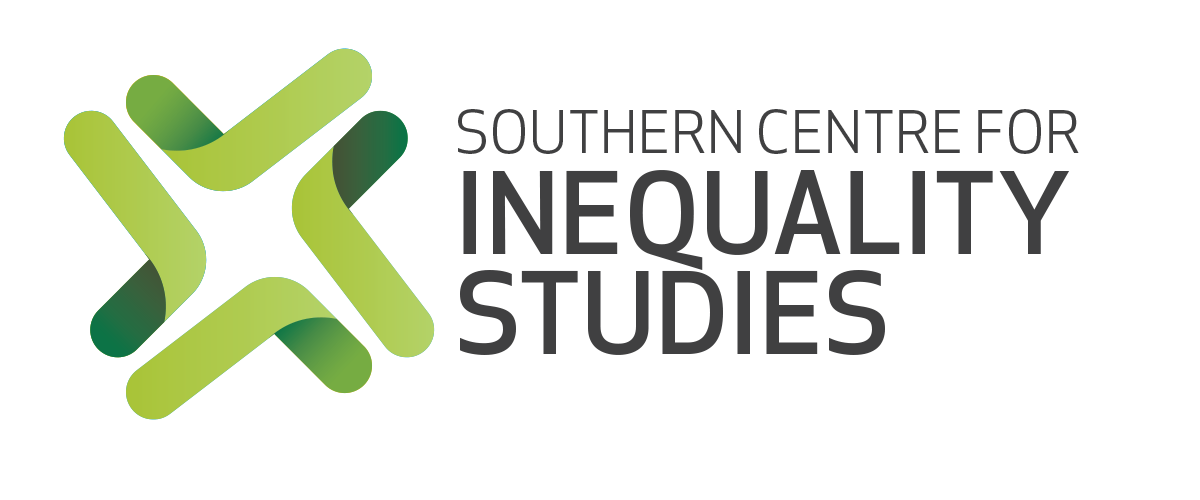Author: Özlem Onaran and Cem Oyvat | 2024
This paper argues that a comprehensive mix of policy tools is essential to catalyse the urgent public investment required to address South Africa's growth, inequality, care, and climate change crises. According to the National Treasury, from 2010 to 2019, South Africa's growth averaged only 1.75% annually, a figure further reduced when factoring in the COVID-19-impacted years of 2020 and 2021.
Authors: Rashaad Amra, Michael Sachs, Owen Willcox, and Thokozile Madonko | February 2024
This policy note, published before the 2024 Budget Review tabling, reviews global and domestic economic developments and fiscal developments since the 2023 Budget Review and Medium-Term Budget Policy Statement (MTBPS) were tabled.
Author/s: Philipp Krause | 2024
This paper looks at fiscal policy more broadly through the institutions of policy-making rather than more narrowly through the institutions of budgeting. It considers who shares the fiscal policy space with the ministry of finance and how the fiscal policy agenda is set.
Authors: Michael Sachs, Fareed Abdullah, Thokozile Madonko, Kim Jonas, Nevilene Slingers and Tanaka Zvawada | 2023
This working paper provides evidence and analysis that can assist in taking forward the agenda of the Presidential Health Compact. It does so by reviewing the financial performance of the government healthcare system over the last decade.
Authors: Michael Sachs, Rashaad Amra, Thokozile Madonko, and Owen Willcox | June 2023
This report shows that continuous austerity over the last decade has eroded the quality and value of public services on which the majority of South Africans rely. With spending choices resulting in pay increases for government employees held well below the rate of inflation, and across-the-board spending reductions cutting deeply into healthcare, basic education, criminal justice, and social services.
Authors: Michael Sachs, Arabo K. Ewinyu, Olwethu Shedi | October 2022
This report presents independent analysis using publicly available data on budgets, audited spending outcomes, and government plans for future expenditure.



